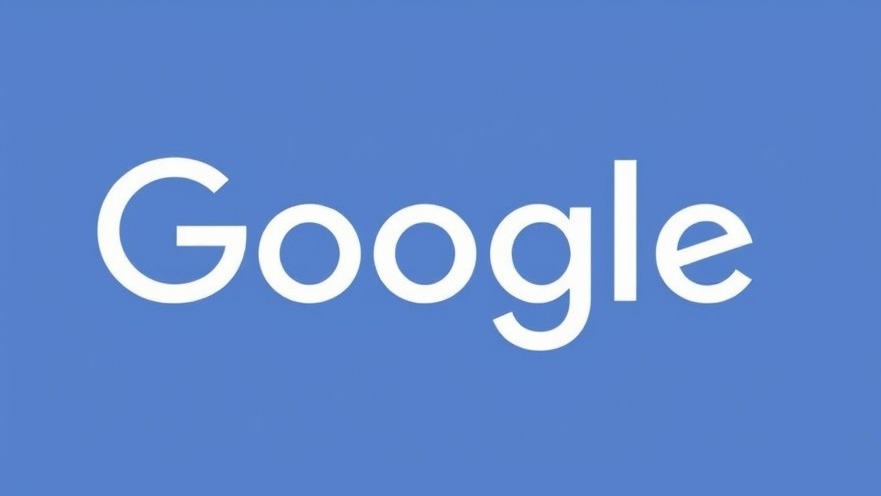
Google's Settlement: A Turning Point for Data Privacy
In a landmark ruling, Texas has secured a significant $1.4 billion settlement from Google over allegations of unlawful data collection practices. This agreement comes after years of scrutiny aimed at big tech firms that many believe have often operated in a gray area concerning user privacy rights. The Texas Attorney General, Ken Paxton, declared that this outcome serves as a crucial warning: "In Texas, Big Tech is not above the law."
The Allegations Against Google
The complaints against Google, which began in 2022, accused the tech giant of secretly tracking users without their consent through various services, including Google Photos and Google Assistant. The case highlights the growing concerns over privacy as technology continues to encroach on personal space. Allegations extended beyond regular data gathering to include the collection of biometric identifiers like voiceprints and facial geometry, raising significant questions about consumer trust.
A Pattern in Big Tech Settlements
This settlement is not an isolated incident but rather part of a larger trend of states taking aggressive actions against big technology companies. In December 2023, for instance, Google was required to pay $700 million to Texas for anti-competitive practices within its Android app marketplace. Furthermore, Meta, the parent company of Facebook, also faced similar consequences, agreeing to a $1.4 billion settlement with Texas for misusing biometric data. Such actions are beginning to signal to tech companies that regulatory scrutiny is intensifying.
Impact on User Privacy Culture
The ramifications of this settlement stretch beyond monetary penalties. They can potentially redefine how technology companies approach user privacy. As consumers increasingly demand accountability and transparency regarding their data, companies must adapt or risk facing severe financial consequences. Jose Castaneda, a spokesperson for Google, noted that many of the claims addressed in the settlement involved policies that had already been revised, suggesting that companies are taking steps towards better privacy practices—but is it enough?
Future Predictions: Will More Regulations Follow?
As we look forward, the Texas settlement may set a precedent for other states and countries to follow suit. Lawmakers may feel inspired to create more stringent data privacy regulations and seek greater penalties for breaches. This could usher in an era of increased regulation for tech companies, compelling them to innovate not just in technology but also in ensuring user privacy.
Common Misconceptions About User Data Collection
There is a prevalent belief that users have more control over their data than they truly do. Many people assume that simply giving consent during app installations means their data is being used responsibly. However, with cases like Google’s, it's clear that consent does not always equate to informed consent. Users should become more educated about data collection practices and demand clearer communication from tech companies.
Your Role as a Consumer
As individuals, it is imperative to be proactive regarding our privacy rights. Engage in discussions about data collection, invest time in understanding privacy settings on devices, and advocate for stronger data protection laws. This settlement teaches us that collective action can lead to significant change in the tech landscape.
Final Thoughts
The Google settlement in Texas represents a pivotal moment in the ongoing battle for data privacy rights. It underscores the importance of transparency and accountability for technology companies and serves as a crucial reminder for consumers about their rights. As regulations evolve, it is essential for consumers to remain vigilant and informed. Whether you’re based in Texas or elsewhere, staying educated about data privacy can lead to responsible consumption of technology that aligns with ethical standards.
 Add Element
Add Element  Add Row
Add Row 



Write A Comment